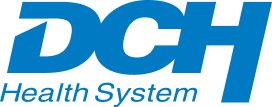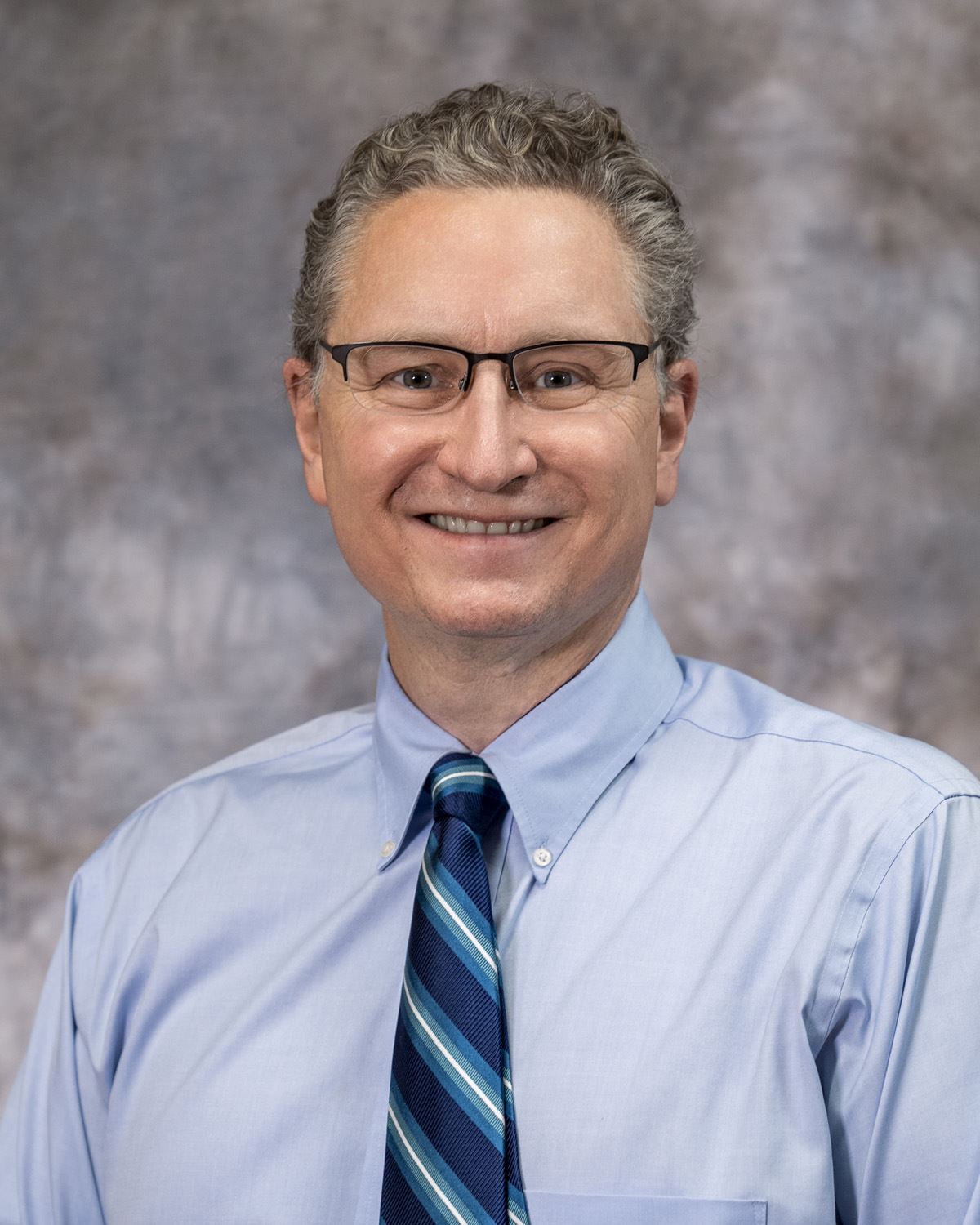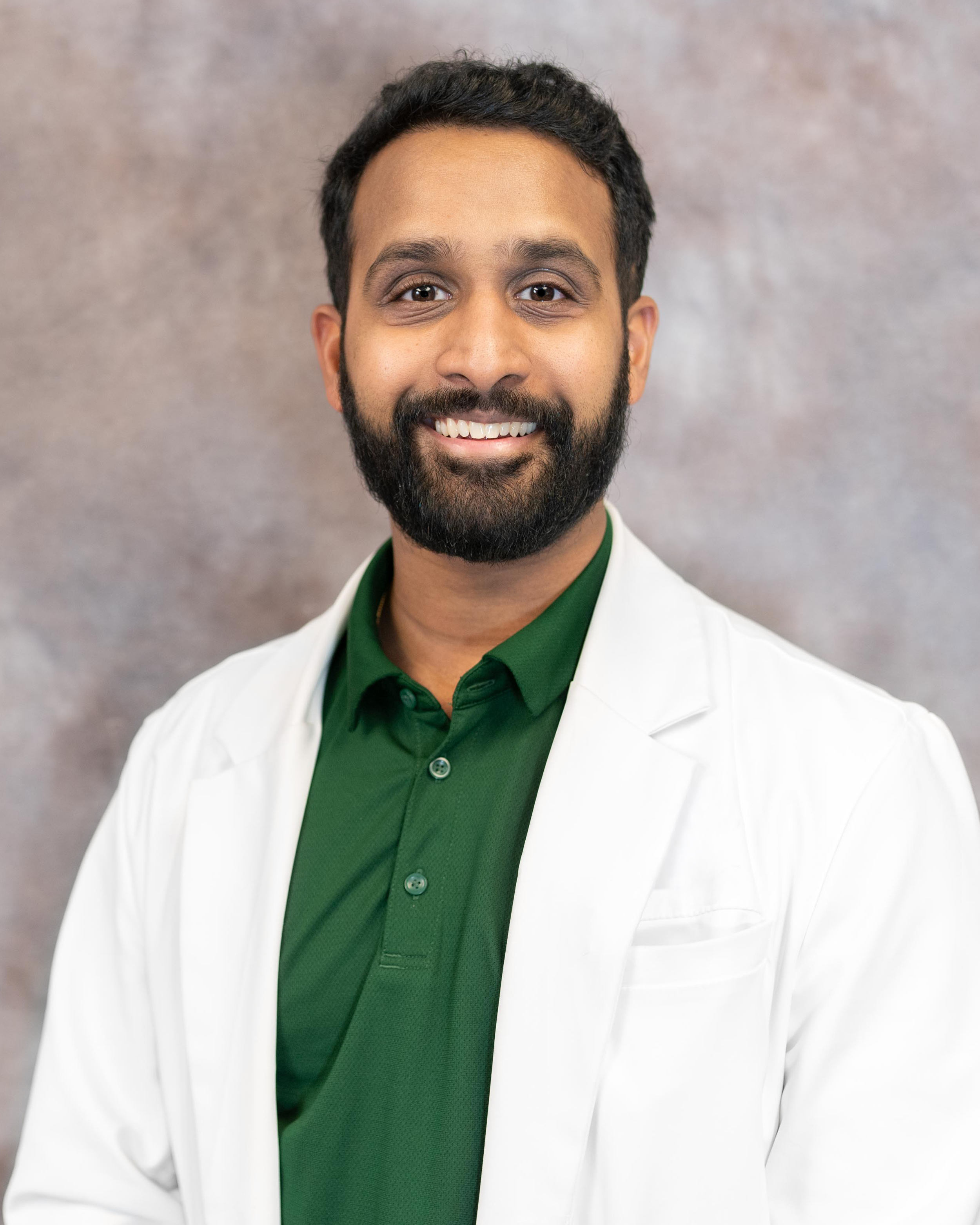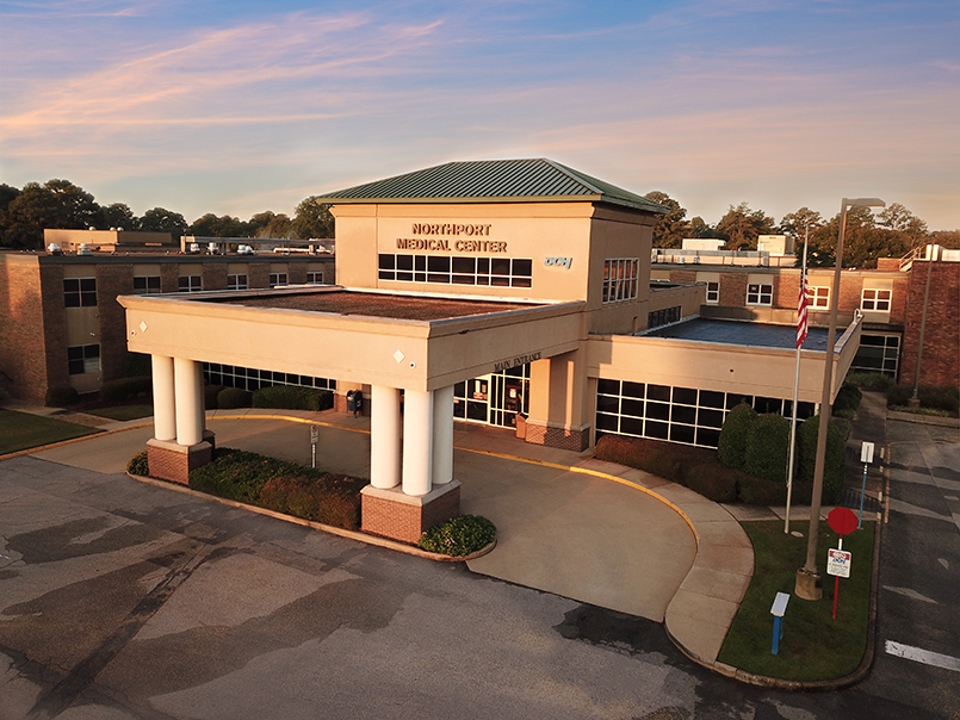
- Services
- Rehabilitation Services
Rehabilitation Services
Helping Patients Return to Home, Work & Community Since 1984
The DCH Rehabilitation Pavilion at Northport Medical Center provides fully comprehensive rehabilitation services that aim to maximize the independence and quality of life of our community. Our services include a hospital-based inpatient rehabilitation facility with around-the-clock medical monitoring and intensive therapy services, as well as a skilled outpatient therapy program for a seamless transition of care.
Advanced Rehab Technologies and Equipment
- Bioness Vector System
- Bioness L300 Go
- Vital Stim
- Fiberoptic Endoscopic Evaluation of Swallowing (FEES)
- Car Transfer Simulator
- Dynavision
Our Rehabilitation Programs
Body in Balance Rehabilitation
Many neurological and orthopedic conditions can cause balance problems. The DCH Rehabilitation Pavilion can address these problems through balance retraining. The primary goal of Body in Balance Rehabilitation is to assist the patient in achieving a maximal level of independence with household and community mobility with decreased risks of falling.
Our Body in Balance Rehab includes:
- Postural control
- Range of motion and flexibility
- Strengthening
- Perturbation training
- Dynamic gait activities
- Environmental hazards
- Dynavision
- Dynavision is an electronic visual tool used in therapy.
